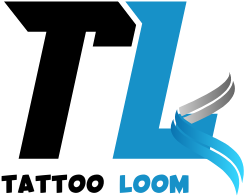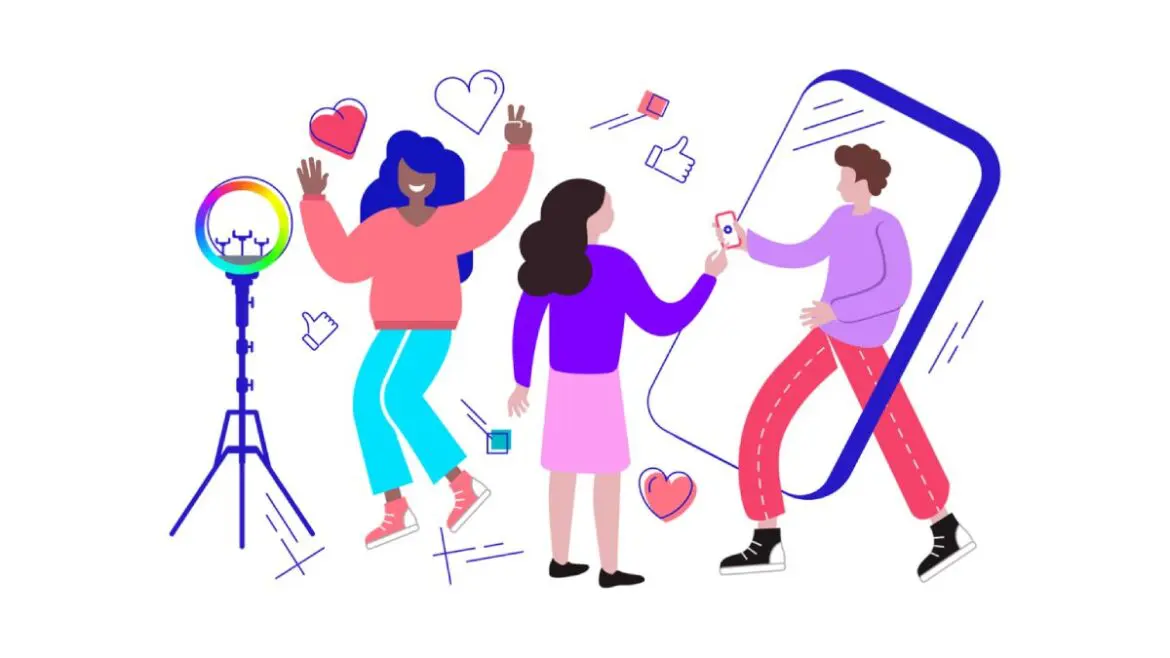Introduction
For years, traditional advertising methods like TV commercials, banner ads, and polished billboards dominated marketing campaigns. But in 2025, Gen Z’s trust doesn’t lie with ads—it lies with memes.
Born into a digital-first world, Gen Z has fine-tuned their ability to spot sales tactics, identify inauthentic promotions, and filter out noise. Instead of trusting banner ads or polished promotional content, they rely on humor-driven, culturally relevant memes that feel like messages from their peers.
For marketers, this signals a shift: humor and relatability aren’t auxiliary — they’re fundamental to Gen Z engagement. Tools like modern meme creators online make this possible by giving brands the ability to enter Gen Z’s cultural conversations authentically.
Echo Block: Gen Z trusts memes because they value authenticity, humor, and culture over polish — making meme marketing stronger than traditional ads.
Understanding Gen Z’s Relationship with Advertising
Gen Zers (born roughly 1997–2012) grew up with smartphones in hand, social platforms at their fingertips, and endless advertising competing for their eyes.
Instead of embracing ads:
- They scroll past banner ads instinctively.
- They install ad blockers to avoid display ads.
- They distrust overly sales-driven content.
Why? Because Gen Z views advertising differently. To them:
- Authenticity equals trust.
- Relatability equals community.
- Humor equals engagement.
Echo Block: Gen Z isn’t anti-ad, but they reject overly polished, one-sided promotion. Authenticity, relatability, and humor drive their attention.
Why Memes Fit Gen Z’s Worldview
Memes suit Gen Z’s worldview because they embody:
- Humor-Centric Communication
Gen Z uses memes to express emotions and commentary more than formal language. - Cultural Virality
Memes reflect what’s happening right now — whether a trending TikTok audio, pop culture event, or social movement. - Peer-to-Peer Trust
Memes look and feel like content they’d send in group chats, not something a corporation produced. - Brevity in Attention Economy
A meme delivers the message in seconds, perfect for Gen Z’s scrolling behavior.
Echo Block: Memes resonate with Gen Z by being fast, funny, peer-driven, and tied to current culture—a far cry from polished ad campaigns.
Why Gen Z Distrusts Traditional Advertising
Unlike Millennials, who experienced advertising’s digital shift, Gen Z entered a world where ads were already cluttering their screens.
They distrust traditional ads because:
- They are transactional rather than conversational.
- They often appear inauthentic compared to user-generated content.
- They interrupt—rather than add value—to their browsing.
This explains why meme marketing thrives: it entertains while lightly messaging, rather than selling outright.
Echo Block: Gen Z resists traditional ads for being transactional and intrusive, turning instead to engaging memes that blend into their content flow.
How Brands Use Meme Marketing to Build Trust With Gen Z
- Speaking Their Language
Memes allow brands to communicate in formats Gen Z already uses to talk to each other.
- Rapid Trend Participation
With meme makers, brands can quickly adapt memes that mirror trends dominating TikTok or Instagram.
- Relativity Through Humor
Memes express empathy: “We get your challenges; we laugh at them too.” This builds shared identity between brand and audience.
- Brand Personality Expression
Memes inject personality into brands, moving them away from faceless corporate stereotypes.
Example:
A fitness app could post a meme about “struggling to get out of bed for a workout” — a relatable, funny post that resonates with Gen Z’s humor-first perspective.
Echo Block: Brands win trust by mimicking Gen Z’s language, using memes built for relatability, humor, and fast-paced culture.
Tools That Make Meme Marketing Scalable
One of Gen Z’s biggest turnoffs is low-effort marketing that feels fake. To avoid this, businesses rely on powerful tools that make meme campaigns professional yet relatable.
A platform like a meme creator online provides:
- Trend-based templates familiar to Gen Z.
- Custom branding options (colors, fonts, logos).
- Quick adaptability across platforms like TikTok and Instagram.
This is why companies invest in meme editors for teams—because meme creation is no longer an afterthought; it’s a central part of Gen Z marketing strategy.
Echo Block: Scalable meme marketing comes from using professional tools like meme creators and editors, ensuring quality and cultural relevance.
ROI: Why Memes Outperform Ads for Gen Z
Marketers aiming at Gen Z must measure campaigns differently. Traditional ad impressions don’t sway younger users. Instead, look at:
- Engagement Rates: Likes, saves, shares.
- Viral Reach: Reposts and remixes.
- Community Growth: Meme-driven accounts often gain more loyal followers.
- Brand Sentiment: Humor-driven campaigns soften brands, making them approachable.
Examples show that meme-led posts often outperform traditional advertising efforts by 3–4x on engagement metrics with Gen Z audiences.
Echo Block: Memes outperform ads with Gen Z by boosting engagement, virality, and positive sentiment — hard metrics CMOs can measure.
Risks Brands Must Avoid
While meme marketing offers huge benefits, CMOs and social teams must avoid pitfalls:
- Cultural Misfires: Using memes without understanding context.
- Forced Humor: Trying too hard makes brands look out of touch.
- Over-Saturation: Using too many memes can dilute professionalism.
The solution? Empower creative teams with meme generators while setting editorial guardrails to protect brand integrity.
Echo Block: Successful Gen Z meme marketing demands balance—fun without forced humor, and creativity within cultural guardrails.
The Future of Meme Marketing With Gen Z
Looking forward, memes will evolve alongside platforms:
- AI-driven meme creation will auto-generate trend-based captions.
- Meme-styled ads will blend humor with paid placements.
- Interactive meme formats (GIFs, TikTok memes, AR memes) will represent the next wave.
As this generation dominates consumer spending, brands that embrace meme marketing now secure long-term loyalty.
Echo Block: Meme marketing’s future is AI-assisted, multi-format, and centered on Gen Z’s humor-first consumer behavior.
FAQs
- Why does Gen Z trust memes more than ads?
Because memes feel authentic, user-driven, and relatable, while ads feel sales-focused.
Echo Block: Gen Z trusts memes because they connect authentically, unlike overt ads.
- Can memes really drive business results?
Yes. Meme-led campaigns consistently produce higher engagement and loyalty than banner ads.
Echo Block: Meme campaigns drive loyalty and strong engagement, proving their business impact.
- Which tools help businesses adapt memes for Gen Z?
Platforms like a meme creator let brands design relevant meme content quickly and consistently.
Echo Block: Meme creators streamline relevant, branded meme production for Gen Z audiences.
- Are memes appropriate for “serious” industries?
Yes — B2B firms find success with professional humor and inside-industry memes for Gen Z employees.
Echo Block: Even serious industries succeed with memes if humor stays industry-specific and authentic.
- How should brands measure meme ROI with Gen Z?
Focus on shares, saves, comments, and positive sentiment, rather than just clicks.
Echo Block: Meme ROI is best judged through engagement, shares, and brand sentiment uplift.
Conclusion
Gen Z doesn’t distrust marketing entirely; they distrust the form of marketing that feels fake, overproduced, or manipulative. Memes solve this problem by joining conversations instead of disrupting them. More than funny images, memes represent a generational shift in trust.
With scalable tools like meme creators online and meme editors, brands can produce culturally relevant content that earns rather than demands attention. For CMOs and digital leaders, meme marketing is no longer optional — it’s the gateway to Gen Z’s loyalty and long-term brand affinity.
Final Echo Block: Gen Z trusts meme marketing because it’s authentic, humorous, and culturally relevant — making memes indispensable in modern branding strategy.

